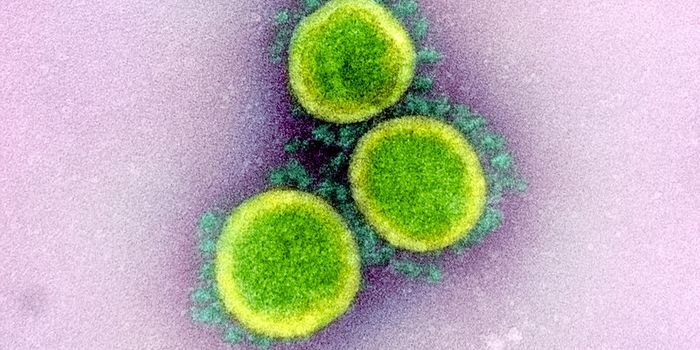Drug Equipped with Iron Sensor Halts Cancer Tumor Growth
A modified version of an FDA-approved drug can halt tumor growth driven by mutations in the RAS gene, which are notoriously difficult to treat and account for around a quarter of cancer-related deaths. The corresponding study was published in the Journal of Experimental Medicine by researchers at the University of California, San Francisco.
Pancreatic ductal adenocarcinoma (PDA) is one of the most aggressive and least-survivable cancers, with a 5-year survival rate of under 9%. Mutations in the RAS gene are a key feature of this cancer and are known to drive uncontrolled proliferation and survival of cancer cells.
Currently, anticancer drug, cobimetinib, is used to treat this kind of cancer. While it blocks excessive growth activity in cancer cells, it also blocks growth in other, non–cancerous cells leading to side effects patients find difficult to handle.
Previous studies indicate that many tumors driven by the KRAS form of RAS mutations have elevated concentrations of highly reactive ferrous iron, and that amounts of this kind of iron correlate with shorter survival times.
With this in mind, the researchers modified cobimetinib with a small, molecular sensor for ferrous iron that only ‘turns the drug on’ when in contact with ferrous iron in cancer cells.
The researchers first tested the new drug on normal tissues such as skin. These tests showed it was able to prevent adverse effects of regular cobimetinib, and so the researchers proceeded to test the new drug in mouse models of KRAS-driven cancers. From these experiments, they found that the drug worked just as effectively as cobimetinib in shrinking tumors but with reduced toxicity with regard to other cells.
The researchers then used the new drug in combination with other synergistic anticancer drugs. They once again found that it was better at inhibiting tumor growth and better tolerated than similar combinations with cobimetinib.
The researchers say that by removing toxicity from cobimetinib, they can now explore ten new combination treatments for KRAS-driven cancers. They are also in the midst of conducting work to see if a similar approach may be applied to antibiotics.
"I love taking care of patients, and a fundamental part of that is, ultimately, getting a molecule to the place where it's needed and keeping it out of places where it's not needed," said Eric Collisson, MD, a senior author of the study and member of the UCSF Helen Diller Family Comprehensive Cancer Center.
"To be able to deliver a therapy that's five times more potent than what we currently have and not run the patient ragged, that's pretty exciting,” he concluded.
Sources: Science Daily, Journal of Experimental Medicine









